Julian Campbell outlines the expressive, emblematic ways in which artists have been drawn to the wild and rugged Atlantic landscape
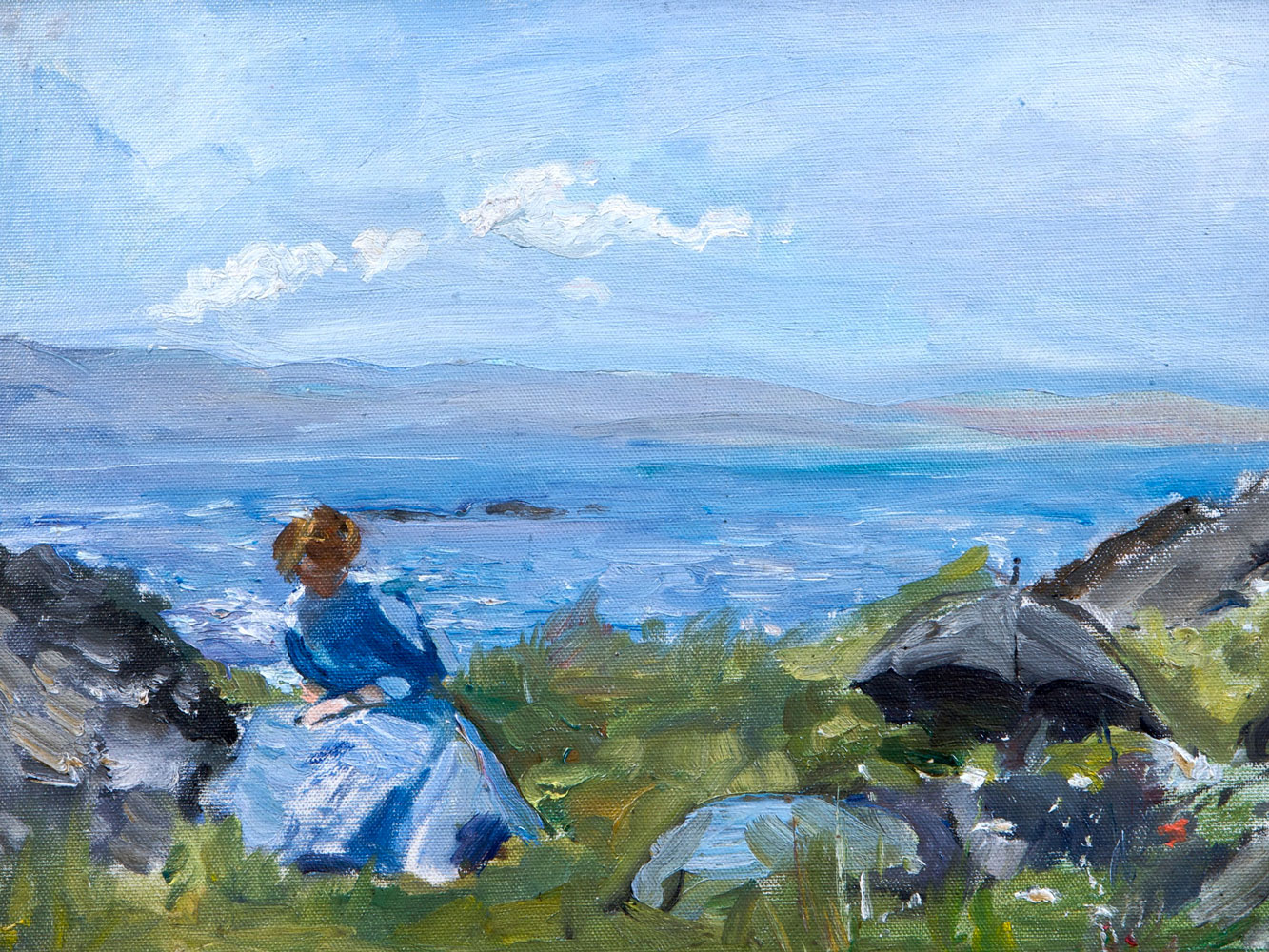
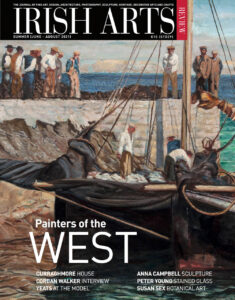
Poet W B Yeats advised the young John Millington Synge, a student in France in 1896, to change his life and go West. His brother Jack spent some of his childhood years with his grandparents in Sligo. Paul Henry, then working in London, was encouraged to visit Achill Island by his friend, the writer Robert Lynd. Living in the West of Ireland was a revelation to artists and writers, often changing the course of their lives and inspiring them to create some of their finest works. Yet they were not the only figures to have been influenced by such experiences. Artists have been visiting the western seaboard, from Kerry up to Donegal, from the 18th century up until the present day. This includes not just well-known figures such as Yeats and Henry, Frederic W Burton, Seán Keating and Gerard Dillon, but also hundreds of other artists, Irish and British, with a few from Europe and America. Some were little known, while a handful were highly successful in their day.
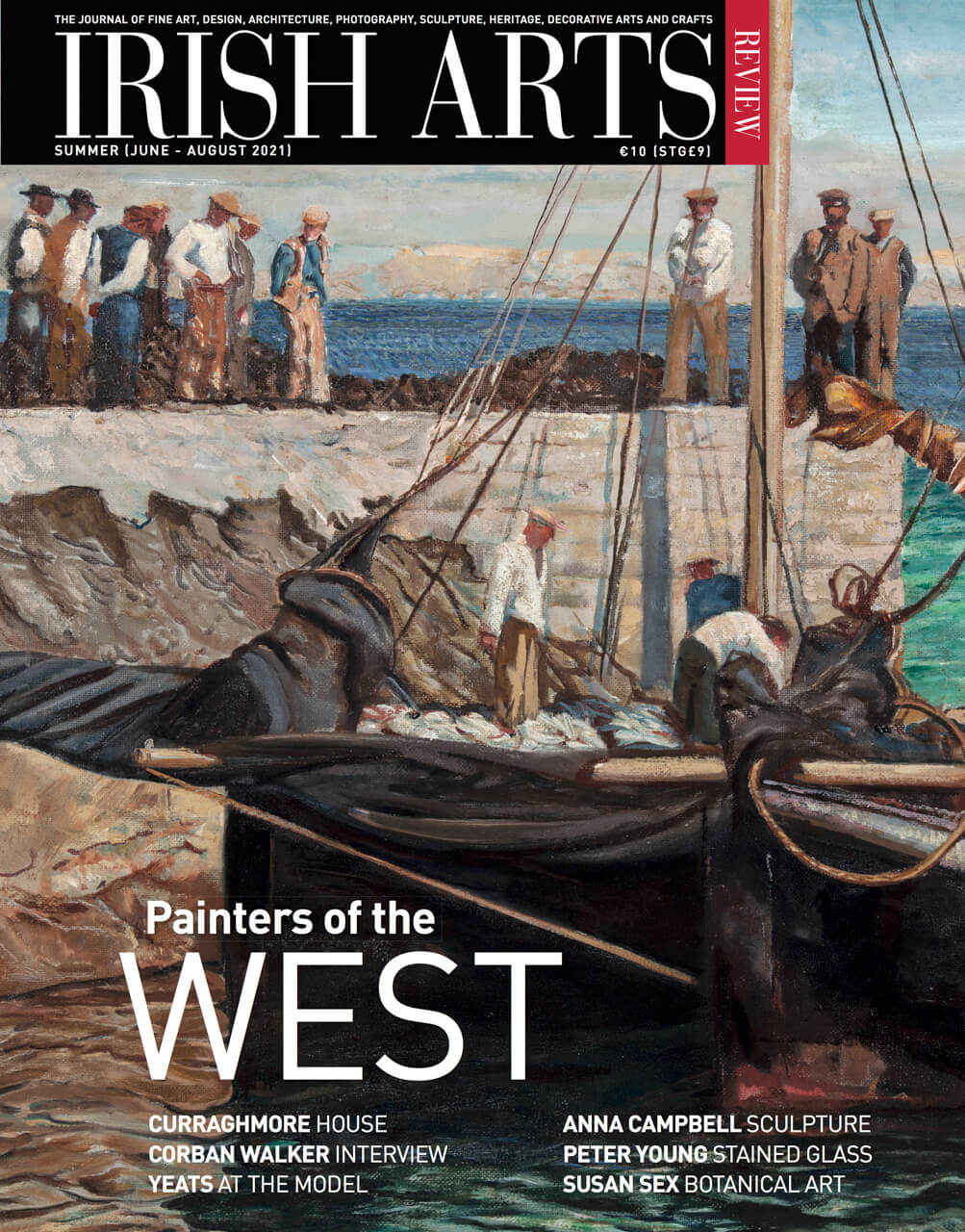
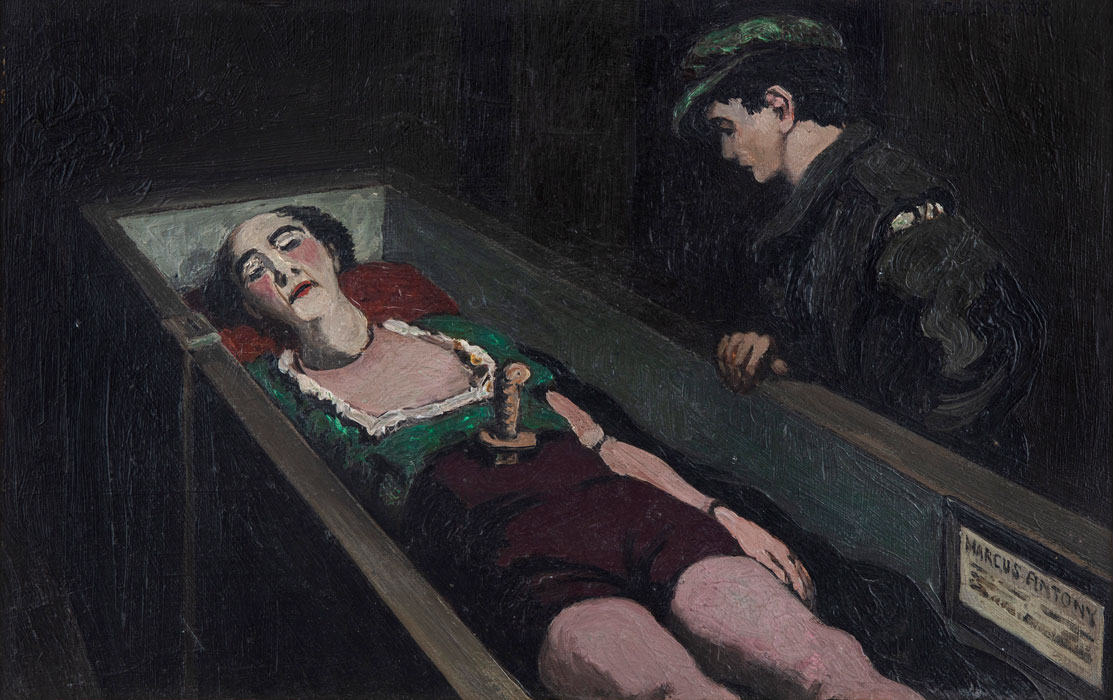
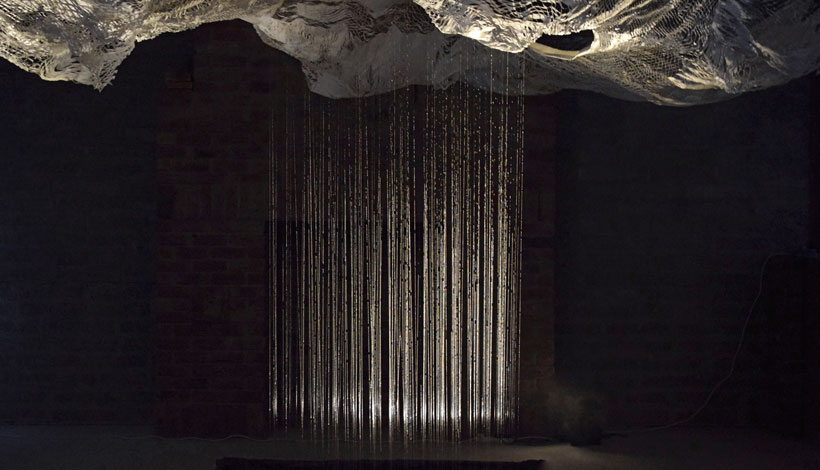
Marcel Vidal finds that a thread of instability runs through Freida Breen’s sculptural practice
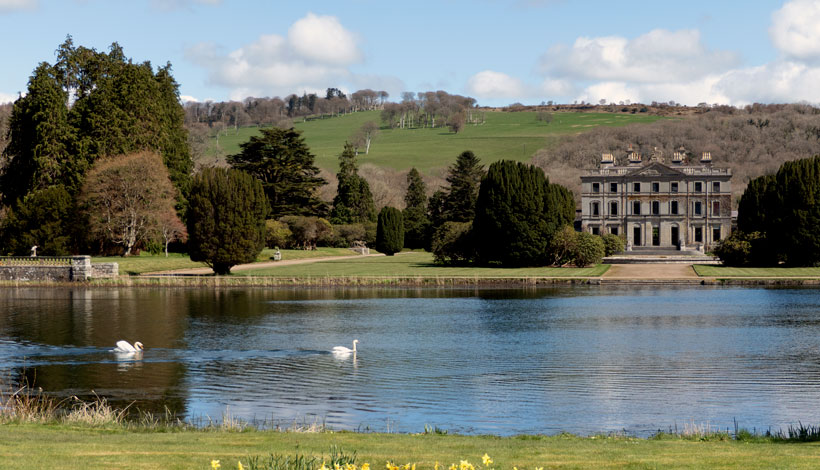
Julian Walton and William Fraher explore the magnificent Curraghmore House in County Waterford, where, three hundred years ago, the union of two families produced the most powerful dynasty in late Georgian Ireland